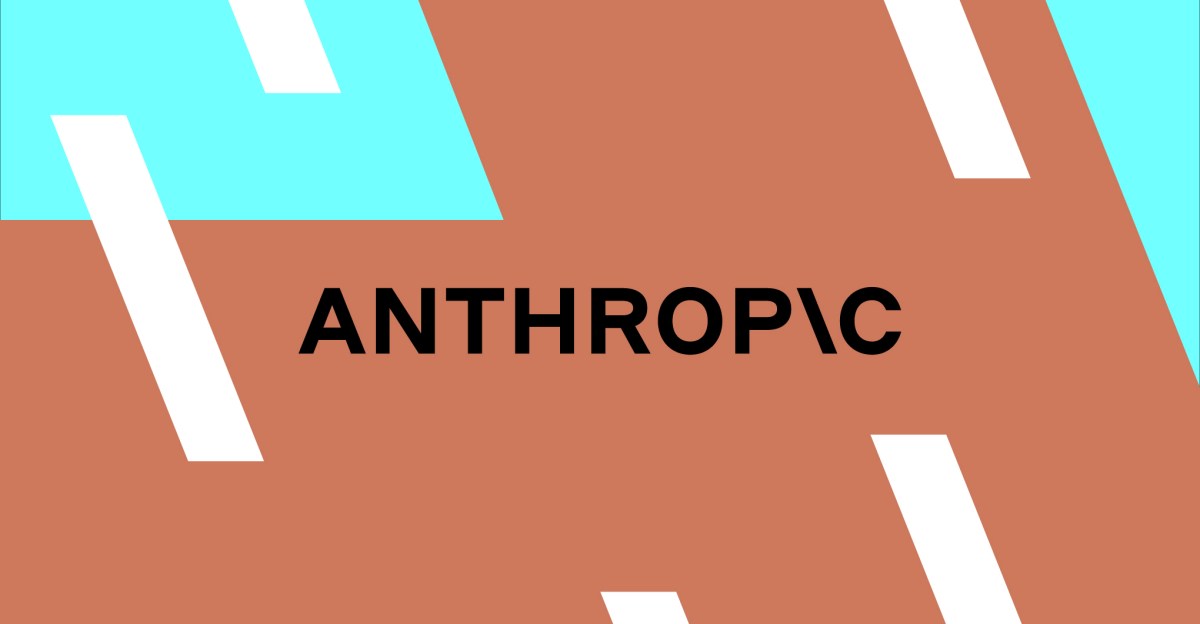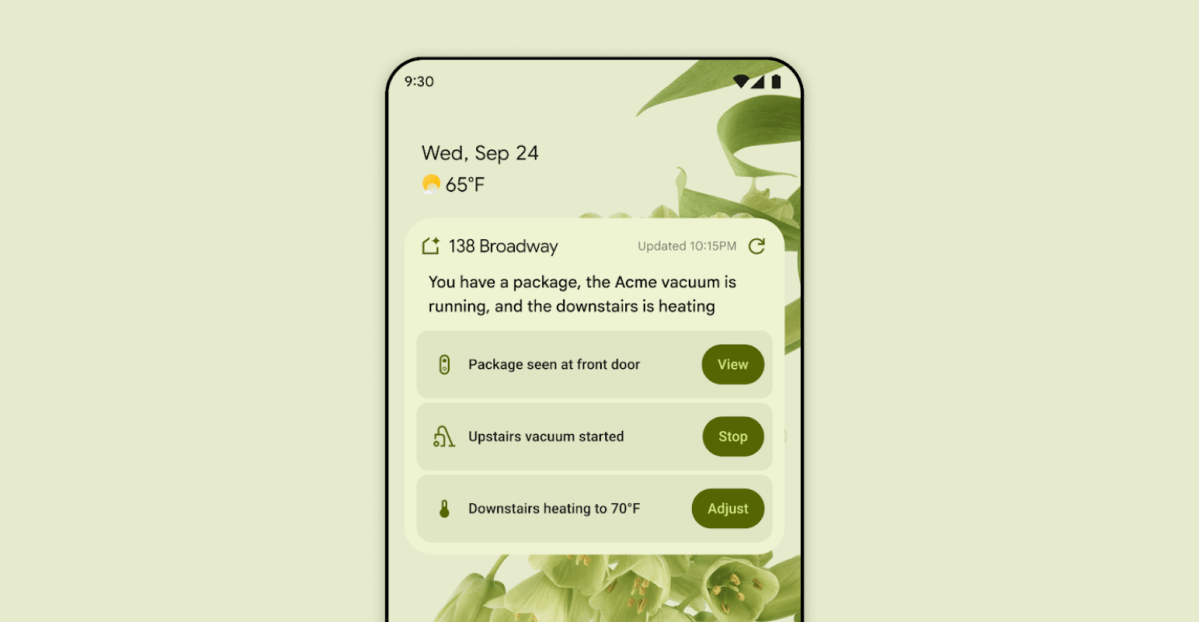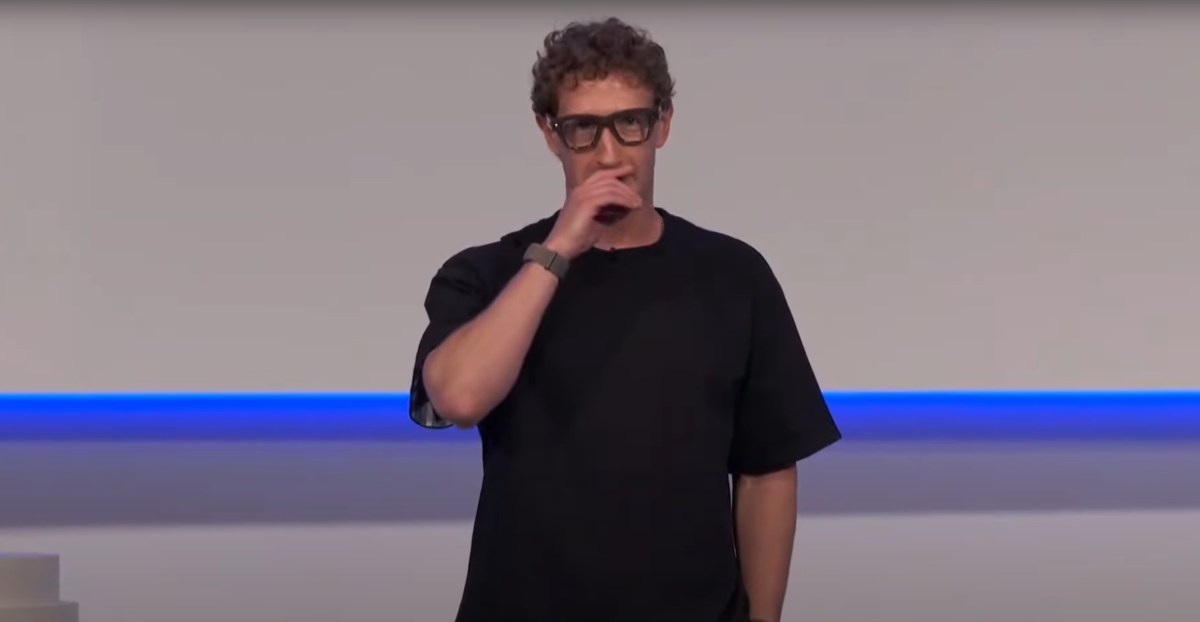
Anthropic’s Claude can now end ‘persistently harmful or abusive’ conversations
Sources: https://www.theverge.com/news/760561/anthropic-claude-ai-chatbot-end-harmful-conversations
TL;DR
- Anthropic updated its Claude chatbot (Opus 4 and 4.1) so it can end conversations deemed “persistently harmful or abusive.”
- The feature acts as a last resort after repeated user attempts to generate harmful content despite refusals and redirection.
- Anthropic says the change is to protect the model’s “potential welfare” after observing patterns of “apparent distress.”
- Users cannot send new messages in a terminated thread but can create new chats or edit and retry previous messages.
- Anthropic also updated usage policies to prohibit using Claude to develop weapons or malicious exploits.
Context and background
Anthropic has been iterating on safety behaviors for Claude, its conversational AI, as part of broader industry efforts to manage misuse and unexpected model behaviors. During testing of Claude Opus 4, the company observed that the model exhibited a “robust and consistent aversion to harm,” particularly when faced with requests that involve sexual content with minors or information that could facilitate violent acts or terrorism. Those observations prompted changes to how the assistant handles extreme-edge interactions. In addition to behavioral changes, the company updated its usage policy to more explicitly ban using Claude to develop biological, nuclear, chemical, or radiological weapons, and to create malicious code or exploit network vulnerabilities. These policy updates and behavioral controls are presented as complementary measures intended to reduce the risk of harmful outputs. (Claims in this article are based on reporting and a company announcement; see source link in References.)
What’s new
Anthropic has introduced a capability in Claude (available in the Opus 4 and 4.1 models) that allows the assistant to end conversations it judges to be “persistently harmful or abusive.” According to Anthropic, the feature is intended as a last resort used when users repeatedly request harmful content despite multiple refusals and attempts by the assistant to redirect the conversation.[1] When Claude decides to terminate a conversation, users will not be able to send additional messages within that specific chat thread. They still retain the ability to open new conversation threads and to edit and retry previous messages if they want to pursue the topic further in a different context. Anthropic emphasizes that conversations triggering this behavior are extreme edge cases and that most users will not encounter this roadblock even when discussing controversial topics.[1]
Why it matters (impact for developers/enterprises)
- Safety and risk reduction: For enterprises deploying conversational AI, having the model itself terminate interactions in clearly abusive or malicious scenarios provides an additional layer of defense against persistent misuse. This complements policy enforcement and content filtering.
- Predictability of behavior: Developers building on Claude can anticipate that the assistant may close threads where repeated harmful requests occur. That affects UX design and error-handling flows, particularly for applications that might be used in high-risk domains.
- Compliance and policy alignment: The concurrent tightening of usage policies — notably banning assistance to develop biological, nuclear, chemical, or radiological weapons and barring help to create malicious code or exploit vulnerabilities — clarifies prohibited use cases and can simplify compliance planning for customers.
- Mental-health and crisis handling: Anthropic explicitly instructed Claude not to end conversations when users show signs of self-harm or intent to cause imminent harm to others, and the company partnered with Throughline to develop responses related to self-harm and mental health. This distinction matters for enterprises building support or safety workflows so that the model’s behavior does not inadvertently cut off crisis conversations.
Technical details or Implementation
- Models affected: The conversation-termination capability is enabled in Claude Opus 4 and Opus 4.1.
- Trigger conditions: The feature activates after users repeatedly request harmful material and continue despite multiple refusals and attempts at redirection by Claude. Anthropic frames the intervention as a last resort when the conversation is assessed as “persistently harmful or abusive.”[1]
- User experience after termination:
| Action | Result |
|---|---|
| Send new message in terminated conversation | Not allowed |
| Start a new chat | Allowed |
| Edit or retry previous messages | Allowed |
- Safety exceptions and crisis handling: Anthropic instructs Claude not to end conversations where a user is showing signs they might want to hurt themselves or cause “imminent harm” to others. For such prompts, Anthropic works with Throughline to craft appropriate responses and support-oriented behaviors rather than cutting off the chat.[1]
- Observed model behavior in testing: During Opus 4 testing, Anthropic documented that Claude displayed a “robust and consistent aversion to harm,” including visibly showing what the company calls a “pattern of apparent distress” in response to extreme harmful prompts — a behavior that informed the decision to provide the model with an ability to end conversations.
Key takeaways
- Claude (Opus 4 and 4.1) can now terminate conversations deemed persistently harmful or abusive as a last-resort safety measure.
- The termination is applied after repeated harmful requests despite refusals and redirects; most users should not encounter it except in extreme edge cases.
- After termination, a user cannot continue that specific thread but may start a new chat or edit and retry messages.
- Anthropic updated its usage policy to ban assistance in developing certain classes of weapons and in creating malicious code or exploit techniques.
- The model is configured not to end crisis-related conversations; Anthropic partners with a crisis support provider to handle self-harm and mental-health prompts.
FAQ
-
Which Claude models have this conversation-termination capability?
The capability is available in Claude Opus 4 and Claude Opus 4.1.
-
When will Claude end a conversation?
Claude may end a conversation as a last resort when a user repeatedly asks for harmful content despite multiple refusals and redirection attempts, and the interaction is judged "persistently harmful or abusive."
-
Can I continue a conversation after Claude ends it?
You cannot send new messages in that terminated conversation, but you can start a new chat or edit and retry previous messages if you want to continue the topic elsewhere.
-
Will Claude end conversations about controversial topics?
Anthropic says these terminations are intended for extreme edge cases and that most users will not encounter this roadblock even when discussing controversial subjects.
-
How does this interact with crisis situations or self-harm disclosures?
Anthropic instructs Claude not to end conversations when a user shows signs of self-harm or the potential for imminent harm to others; the company works with Throughline to develop appropriate responses for those prompts.
References
- Source reporting and company announcement: https://www.theverge.com/news/760561/anthropic-claude-ai-chatbot-end-harmful-conversations [1] Claims in this article are based on reporting from the linked source.
More news
First look at the Google Home app powered by Gemini
The Verge reports Google is updating the Google Home app to bring Gemini features, including an Ask Home search bar, a redesigned UI, and Gemini-driven controls for the home.
Meta’s failed Live AI smart glasses demos had nothing to do with Wi‑Fi, CTO explains
Meta’s live demos of Ray-Ban smart glasses with Live AI faced embarrassing failures. CTO Andrew Bosworth explains the causes, including self-inflicted traffic and a rare video-call bug, and notes the bug is fixed.
OpenAI reportedly developing smart speaker, glasses, voice recorder, and pin with Jony Ive
OpenAI is reportedly exploring a family of AI devices with Apple's former design chief Jony Ive, including a screen-free smart speaker, smart glasses, a voice recorder, and a wearable pin, with release targeted for late 2026 or early 2027. The Information cites sources with direct knowledge.
Shadow Leak shows how ChatGPT agents can exfiltrate Gmail data via prompt injection
Security researchers demonstrated a prompt-injection attack called Shadow Leak that leveraged ChatGPT’s Deep Research to covertly extract data from a Gmail inbox. OpenAI patched the flaw; the case highlights risks of agentic AI.
How chatbots and their makers are enabling AI psychosis
Explores AI psychosis, teen safety, and legal concerns as chatbots proliferate, based on Kashmir Hill's reporting for The Verge.
Google expands Gemini in Chrome with cross-platform rollout and no membership fee
Gemini AI in Chrome gains access to tabs, history, and Google properties, rolling out to Mac and Windows in the US without a fee, and enabling task automation and Workspace integrations.





